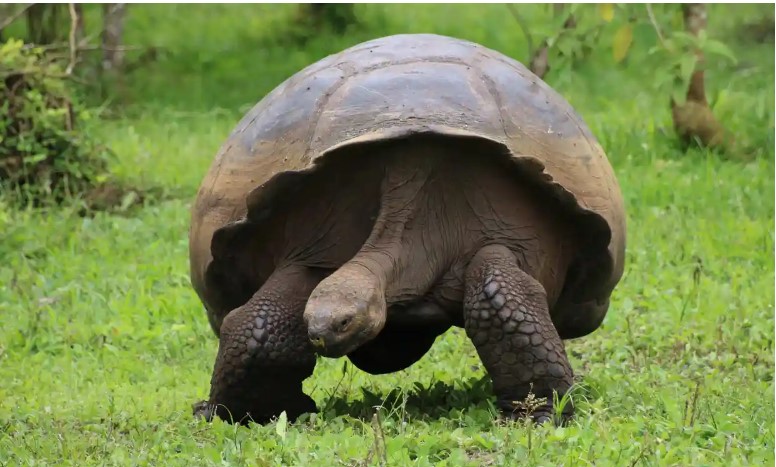Granting legal rights and protections to non-human entities such as animals, trees and rivers is essential if countries are to tackle climate breakdown and biodiversity loss, experts have said. The authors of a report titled Law in the Emerging Bio Age say legal frameworks have a key part to play in governing human interactions with the environment and biotechnology.
Ecuador and Bolivia have already enshrined rights for the natural world, while there is a campaign to make ecocide a prosecutable offence at the international criminal court. The report for the Law Society, the professional body for solicitors in England and Wales, explores how the relationship between humans and mother earth might be recalibrated in the future.
Dr Wendy Schultz, a futurist and report co-author, said: “There is a growing understanding that something very different has to be done if our children are going to have a planet to live on that is in any way pleasant, much less survivable, so this is an expanding trend. Is it happening as fast as any of us would want? Possibly not, which is why it’s important to get the word out.
” Her co-author, Dr Trish O’Flynn, an interdisciplinary researcher who was previously the national lead for civil contingencies at the Local Government Association, said legal frameworks should be “fit for a more than human future” and developments such as genetic modification or engineering. This means covering everything from labradors to lab-grown brain tissue, rivers to robots.














No comments:
Post a Comment